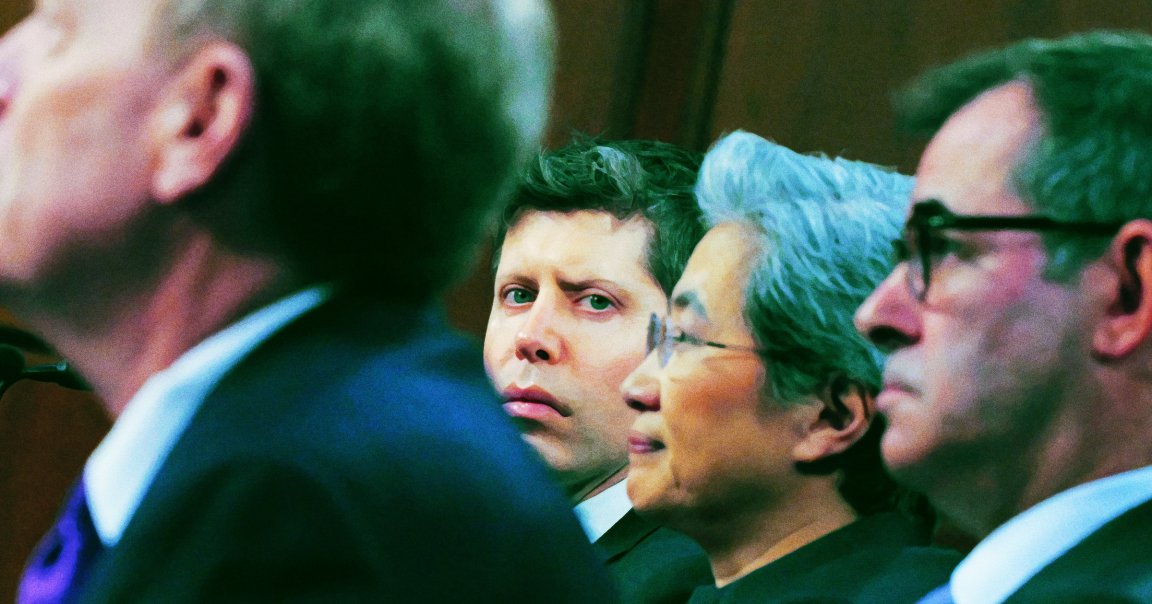
As the United States embroils itself in a self-inflicted “arms race” with China, tech companies are ratcheting up the paranoia to extreme levels.
Take ChatGPT’s creator OpenAI, which is reportedly clamping down hard on physical security after it says it was “targeted” by Chinese AI rivals.
Per the Financial Times, the company has gone as far as installing fingerprint “biometric access controls” around its offices, as well as electronically-dependent security airlocks, similar to the kind found in industrial cleanrooms. It likewise beefed up “physical security” — presumably meaning security guards — in its datacenters, and shored up its cybersecurity team for good measure.
The physical moves come along with some draconian crackdowns on digital security, or as OpenAI calls it, “information tenting.”
Per the FT, OpenAI has been increasingly limiting the number of employees with access to sensitive information and spaces where such information is allowed to be discussed, such as new product developments or algorithms. The company’s computers are likewise cut off from the wider internet, with a “deny-by-default” system requiring approval for external connections.
Given the tech giant’s vague explanation, it’s tough to say what really prompted the security crackdown. Broadly, it could be the case that the Trump administration is imposing stricter computer standards on the industry, as billion-dollar tech companies like Palantir and SpaceX become interlocked with US military and foreign policy interests.
For example, the news comes nearly a month after OpenAI signed a $200 million contract with the US Department of Defense to develop “national security and defense systems,” and over half a year after Chinese company DeepSeek released its rival large language model (LLM), which strengthened the narrative that Chinese AI development was catching up to the US.
OpenAI had previously used DeepSeek — and China more broadly — as an excuse to call for sweeping bans on the scary foreign tech, which would serve to lessen the pressure on ChatGPT to actually compete on the open market.
However, OpenAI could also be responding to a domestic threat: specifically, the risk of corporate espionage between rival AI company Meta, which has gone on a humongous poaching spree on OpenAI developers in recent weeks. A number of OpenAI companies have reportedly been offered sign-on bonuses as high as nine figures to defect to Meta, ostensibly taking their AI knowhow with them.
CEO Sam Altman responded to that rival threat by shutting down for a week so executives could assess the damages and stop the bleeding.
More on OpenAI: People Are Being Involuntarily Committed, Jailed After Spiraling Into “ChatGPT Psychosis”